The Kindergarten Requirements to Look For, and How to Know if Your Child is Ready
*This article was originally published in 2018. It is still relevant today.
It’s time. Your toddler has turned into a real big kid and is starting school!
Some of these kids attend an area preschool first and some do not, but all of them will be starting either Young 5’s or Kindergarten soon. This could be in a school in their district or an elementary through the Schools of Choice program.
Lots of parents wonder what state kindergarten requirements are before deciding between Young 5’s and Kinder.
Miranda Baranek (Thornapple Kellogg schools) has been an Early Childhood Special Education teacher for 13 years. Part of her job is assessing children for kindergarten.
She says that when you are considering kindergarten requirements, you shouldn’t just think about their academic skills. You need to think about the child’s maturity and social skills, too.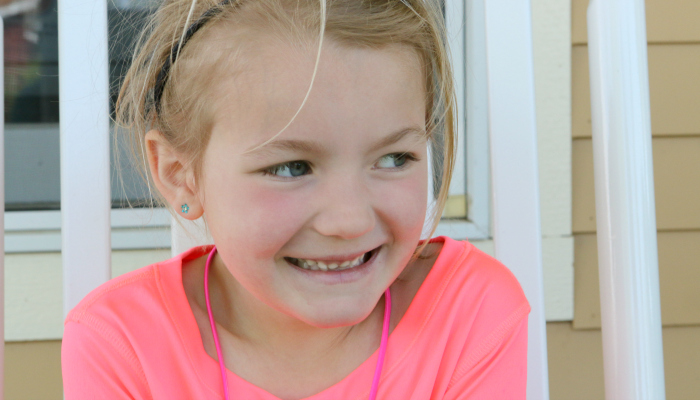
This list below will help you think about many ways your child can be prepared for kindergarten – academically and socially.
Children don’t need to know every single thing on this gigantic list.
But, the more skills they can practice and master, the better. It will make the beginning of school go much better – for the child and the teacher.
“When preparing a child, try to make it fun,” suggests Baranek.
“Young children need to learn through play. They are not able to sit still for long periods. Learn letters (and) numbers through play like play-doh, shaving cream and even adding in gross motor fun.”
Michigan Kindergarten Requirements – What Age Can They Start?
Children must be 5 years old by September 1 to be able to attend kindergarten in a Michigan public school.
In Michigan, children are required to be in a school program starting at age six, or the age of five if they are enrolled in a kindergarten program.
However, there are no state-mandated kindergarten requirements for children.
Options if You’re Still not Sure Your Child is Ready
If you’re concerned or having doubts about whether your child is ready, Baranek has advice. Delays are not uncommon and there are many West Michigan resources for developmental delays.
“If you are worried about your child’s speech or overall development being delayed, contact your school district as early as 2 years old,” says Baranek.
“The earlier you can get intervention for your child, the better the outcome long term.
“If you are worried that your child is not picking up academic skills or social skills, contact your school district to see if they offer options like Young 5s or Readiness Kindergarten.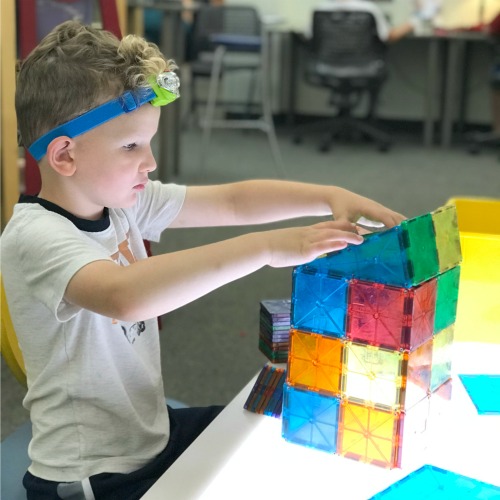
“Some kids just need extra time to grow and develop before being rushed into kindergarten. See if your school offers a “Kindergarten Round Up” type event. This allows other professionals to take a peek at your child and give you feedback.”
Do you think we missed anything on this list? What do you think are the most difficult things to teach a preschooler?
Kindergarten Requirements: Skills Your Child Should Master Before Entering Kindergarten
Academic
- Know how to hold and manage a book. (The child should know how to hold the book the right way, turn the pages one by one, and find text on the page).
- Identify uppercase and lowercase letters of the alphabet (if you point at a random letter, they can tell you the name of that letter).
- Understand that letters represent sounds. Even if they can’t name the sound for each letter, they can recognize that words like “Mary” and “many” start with the same sound.
- Produce rhyming words.
- Listen to and discuss stories.
- Can count to 20.
- Identify the numbers 0-10.
- Count up to 10 objects accurately.
- Know basic colors (red, orange, yellow, green, blue, purple, black, white, brown)
- Name basic shapes (triangle, star, circle, square, heart, etc.)
- Identify and copy a pattern. For example, if the child sees a pattern of yellow, purple, yellow, purple, they can identify what comes next.
- Is generally excited to learn new things.
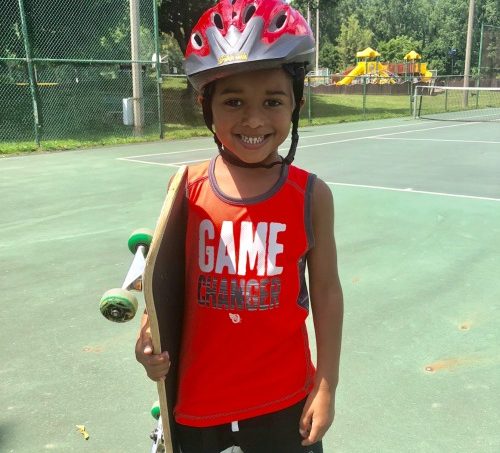
Social Kindergarten Requirements
- Tell an adult his or her name and age and talk about an age-appropriate topic with an adult.
- Interact appropriately with peers. For example, the child should be able to talk, play nicely with, and share with other children (at least most of the time!).
- Verbalize what they want or need to an adult in charge or to peers in play.
- Follow directions that include 2-3 separate steps.
Independence Skills in Kindergarten Requirements
- Use the bathroom independently. (This includes wiping, washing his or her own hands, and making sure clothes are in the right place and fastened before opening the door!).
- Care for their own belongings.
- Put on coat and backpack by themselves, and take them off. (It’s even better if they can also handle things like snow pants, mittens, and boots too!)
- Put on his or her own shoes. If the child can’t tie his or her own shoes yet, send them with Velcro or slip-on shoes.
- Clean up after themselves – even if it isn’t perfectly.
- Eat independently, including opening containers or packages for lunch or snack.
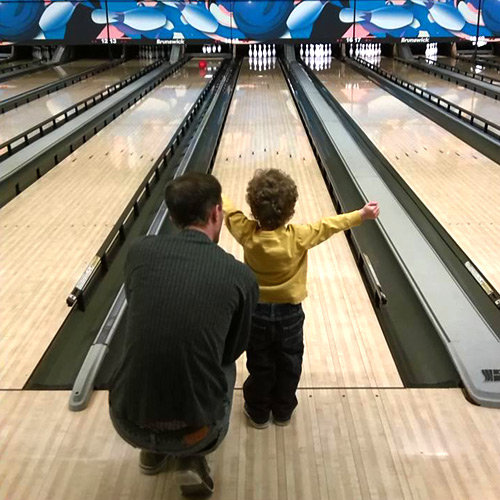
Fine Motor Skills to Help Meet Kindergarten Requirements
- Write his or her own name. Ideally, this would be with an uppercase letter at the beginning of the first and last name, with the rest lowercase.
- Hold a writing utensil and draw letters or a picture with some accuracy. He or she should be able to draw lines, shapes, and some letters, not just scribble. He or she should be able to tell you what they have drawn.
- Use scissors and other art supplies (like glue sticks) appropriately and correctly.
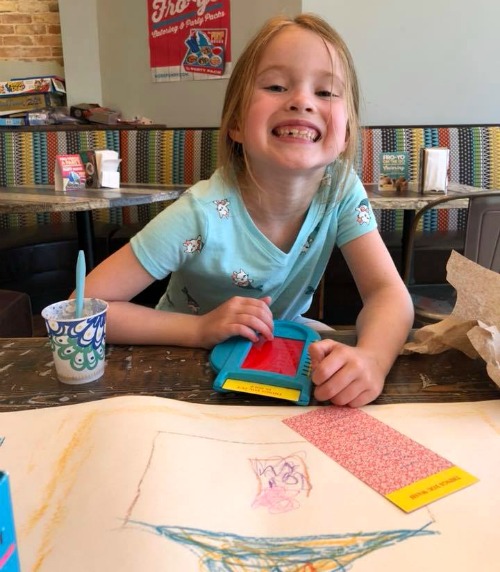
You Can Help Prepare Your Child for Kindergarten Requirements
Ways to prepare your child for Elementary School:
- Talk about school in a positive way. Share your favorite things about school.
- Ask them about their fears about school and don’t ignore the feelings they share with you. Going to school for the first time can be scary!
- Drive by the school they will be attending a few times to talk about it or play on the playground
- Attend open houses and/or orientations so that your child can get to know the inside of the school and meet their teacher. While you’re there, spend some time exploring. Talk about the different things they will do in the different areas and rooms of school.
- A few weeks before school starts, establish a routine at night to make sure your child is getting plenty of sleep.
- Talk to your child about what will happen on the first day of school. Who will take them? Who may they see at school? What will they have for lunch?
- READ a lot! And then read some more! Go to the library and get new books, make predictions while reading, and discuss connections to other books or real life.
- WRITE! Give your child a journal to write in every day. Writing can mean drawing pictures or practicing letters, numbers, or words. They can copy words, create a story, or draw a picture.
- Play games with your child – and don’t always just let them win! Taking turns, and winning and losing gracefully are great skills to have.
- Make any outing educational. In a restaurant, look for letters of their name in a menu. In the car, play I Spy for finding colors, letters, or numbers. At the beach, look for different shapes and colors. (At the same time, don’t be too pushy. It won’t be helpful if it’s too much for them to handle!)
- Go out and explore! Any time a child is out, they are learning. Talk to them about what they are experiencing. Encourage questions and curiosity!

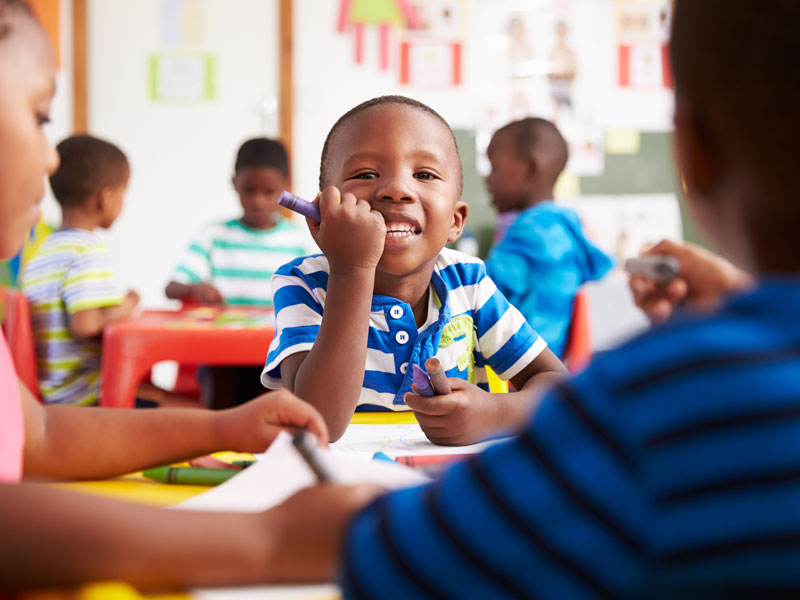
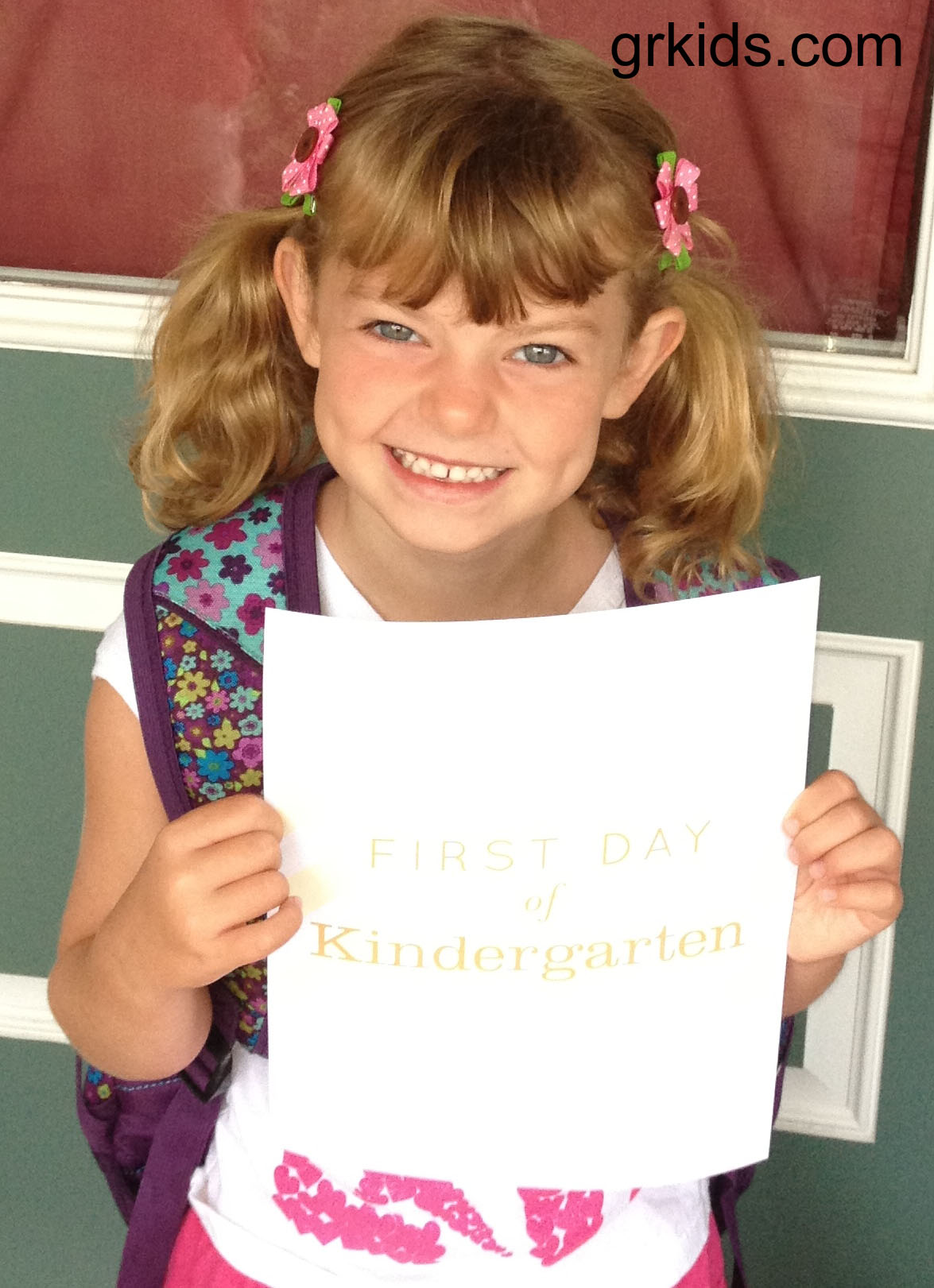

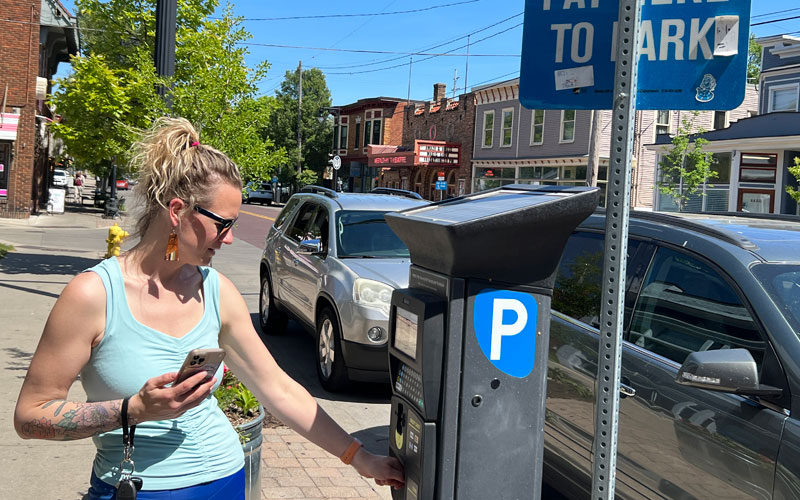




Thanks for sharing this informative post! As a parent of a kindergartner, I found it really helpful to learn about the requirements and tips for a successful kindergarten experience. I especially appreciated the advice for fostering my child’s social and emotional development. Can’t wait to try some of these strategies with my little one!
My grandson has a speech problem my daughter in law has not put him in school he still does poo in a diaper he love to play and gets along great with other children I feel he should be put in some kind of school what can I do
While this is a great wish list, it’s unrealistic for many classrooms. If we turned away kids at my school based on this list , 90% of the kids wouldn’t be accepted into kindergarten . Not to mention that GSRP is using high scopes which is based on play. Maybe instead of pushing our kids to grow up, we need to demand the legislature set developmental and age appropriate standards.
I agree with Susan. The list above sounds more like what a child in kindergarten should be expected to do. The expectations listed may be what some children will be able to do but you are forgetting the children who come from non-English speaking homes, the children where there are no books for children in the home, and children who have hard-working parents who have no time or desire to read and play with their child. Play, security, and love are the essentials.
Laura was my son’s Kindergarten teacher last year and she knows her stuff! If you are concerned about your child’s Kindergarten readiness, I highly recommend that you follow her guidelines. And as a library professional, I want parents to know that there are many programs and activities at the library geared towards early literacy that can help prepare your child for school. Best of all, they are free and taught by highly trained professionals.
Laura Beth, Jessica, Charlie McCaslin- more fodder for the constant discussion
Well said! Some great stuff in this article. 2 of my kids had the awesome Laura Durham as their teacher. My son Logan….had her for y5 and into kindergarten the next year! My son Lucas had her for kindergarten! One of the best around and we miss her dearly: )
I am a retired teacher & a Grandma… taught preschool, third grade, & fifth grade, over a 20 year span. All of the above is excellent advice.
Great suggestions
Great suggestions
Pamela Dickerson just thought you find this interesting
Thomas Pike. Boom.
Once we get a warm-up, check out this creative outdoor scavenger hunt for early readers and pre-readers. This early literacy activity taken outside makes learning come alive while meeting the children’s critical need to connect to the natural world. http://www.sugaraunts.com/2014/09/outdoor-pre-reading-activity-for-new.html
Once we get a warm-up, check out this creative outdoor scavenger hunt for early readers and pre-readers. This early literacy activity taken outside makes learning come alive while meeting the children’s critical need to connect to the natural world. http://www.sugaraunts.com/2014/09/outdoor-pre-reading-activity-for-new.html
Nice Laura McGilton! Good information!
Awesome. We’re trying to figure out what to do with Max next year!
Great article and picture !!
Not a bad idea for college either!
Thanks for sharing this, very helpful to know educational expectations.
Thanks for sharing this, very helpful to know educational expectations.
Thank you, helpful information.